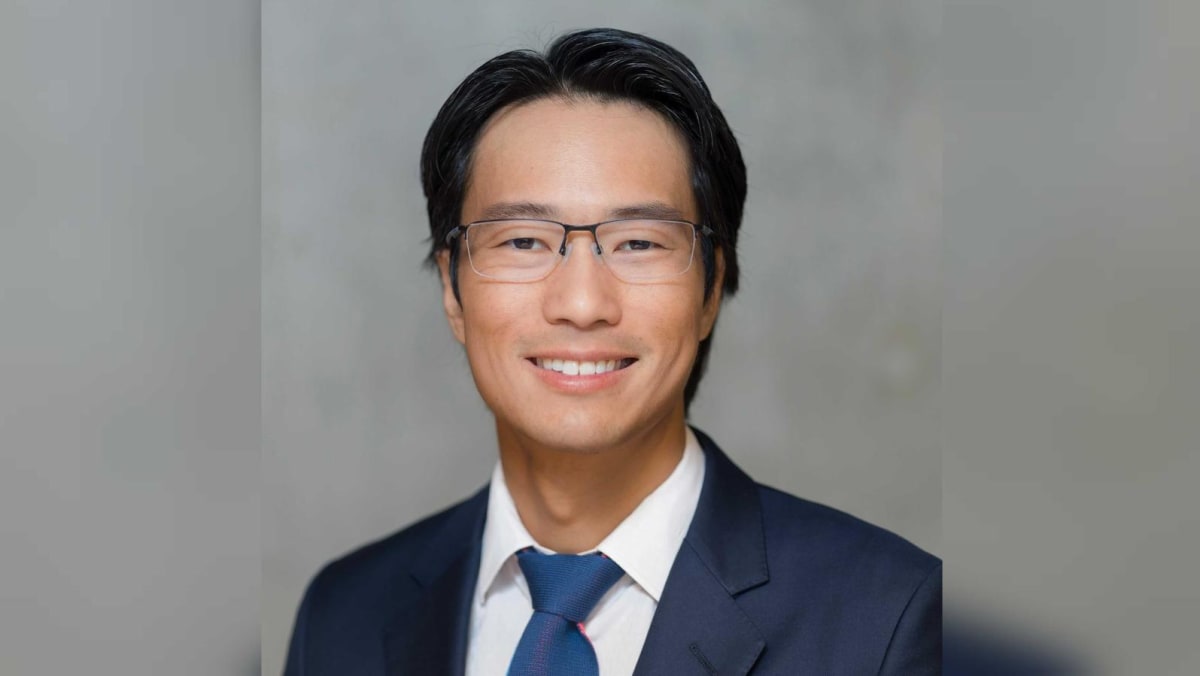PUTRAJAYA: Health officers from the Health Ministry do not possess the authority to arrest and detain individuals suspected of infectious diseases in the same manner as criminal cases handled by the police.
Health Minister Datuk Dr Dzulkefly Ahmad clarified that these authorised officers or PDK were only empowered to stop patients in order to obtain information for tracing infectious disease cases, such as travel history and close contacts.
The recent amendments to the Prevention and Control of Infectious Diseases Act 1988 (Act 342), passed in the Dewan Rakyat, also do not include provisions related to such authority.
“Under Act 342, there is no mention of arrest powers; it only allows for detention to gather further information from patients,” he said during a press conference here on Tuesday (Nov 3).
He made this statement in response to allegations that there was a provision under the amendment granting ministry officers the authority to detain individuals accused of wrongdoing without trial in court.
According to him, the accusations made by certain parties equating Act 342 to the Security Offences (Special Measures) Act 2012 (Sosma) are a misunderstanding.
“This is one of the perceptions that have arisen and been circulated by certain parties, suggesting as if we are detaining individuals (without trial).
“Patients are allowed to leave the hospital or any ministry premises after the completion of disease tracing investigations,” he said.
“We need to gather information to determine the source of the infection and to break the chain of transmission to prevent further infections,” he said.
PDK refers to any health officer, environmental health officer, or officer appointed by the minister under Section 3 of Act 342.
Commenting on the use of monitoring devices, Dzulkefly said this is intended to ensure compliance with isolation, observation, and surveillance orders to prevent and control the spread of infection.
“It is a temporary measure, and its application is based on a thorough risk assessment and evidence-based practice.
“Additionally, its use takes into account factors such as modes of transmission, infection rates, and the incubation period of a disease,” he said.
He said the use of devices is not applicable to all types of infectious diseases and is subject to the Guidelines for Orders to Wear or Use Detection Devices under Section 15A.
“In this context, the use of such devices does not violate the constitutional or human rights,” he said.
On the features of the devices, Dzulkefly said they have not been finalised.
“At present, it is still under discussion. I repeat, as soon as we finalise this matter, we will inform the media,” he said.
The amendments to Act 342 were passed on Oct 14.
Enforcement of the new amendments to Act 342 will include several aspects, such as provisions involving the notification of infectious diseases, including suspected cases, isolation or monitoring of infected individuals, and individuals under suspicion.







